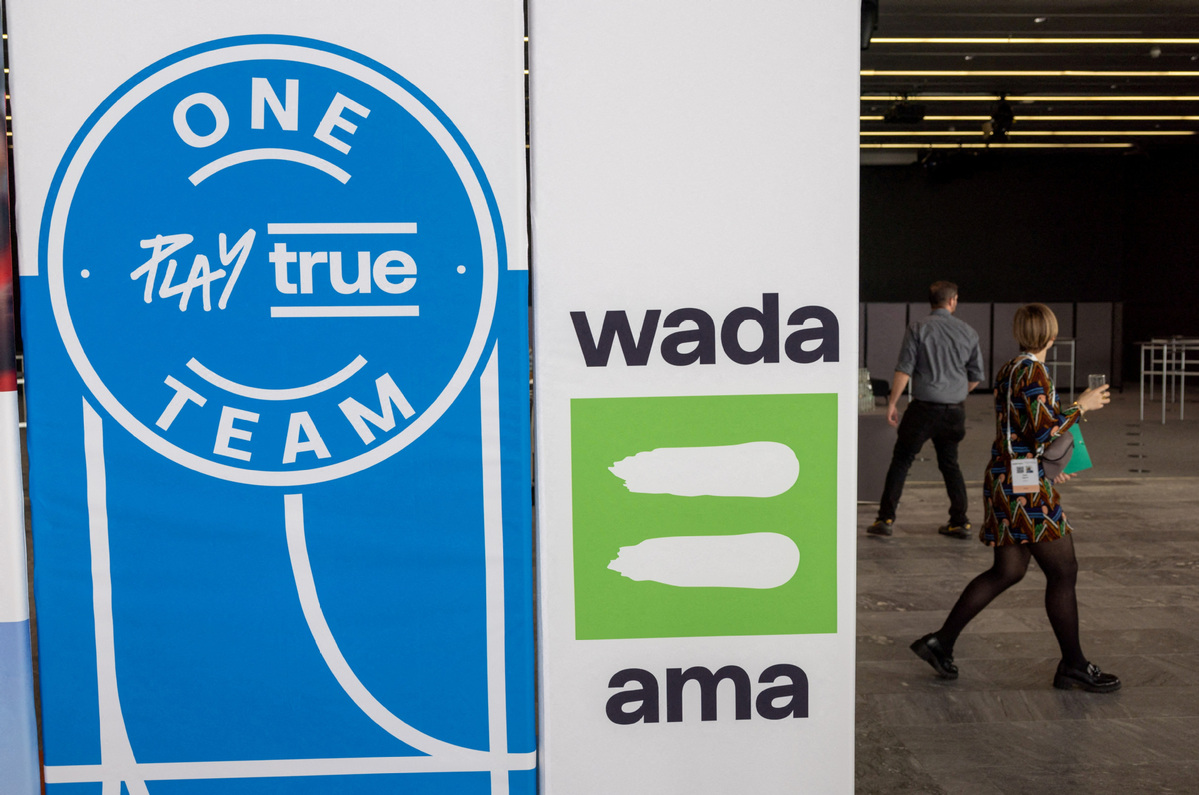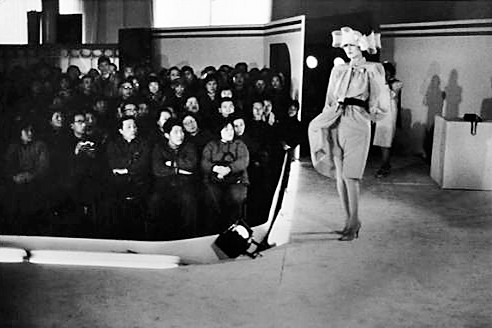WADA considers legal action against defamatory favoritism allegations


The World Anti-Doping Agency is considering legal actions against defamatory allegations by some organizations after an independent report supported its integrity and legitimacy handling a contamination case involving Chinese athletes.
Citing conclusions from a thorough and expeditious report by independent prosecutor Eric Cottier, WADA reiterated on Tuesday that its handling of the 2021 contamination incident involving 23 Chinese swimmers was responsible, appropriate and indisputably reasonable with no favoritism toward China at all.
"There is nothing in the file - which is complete - to suggest that WADA showed favoritism or deference, or in any way favored the 23 swimmers who tested positive for trimetazidine (TMZ) between 1 and 3 January 2021, when it proceeded to review CHINADA's decision to close the proceedings against them without further action," said the interim report delivered by Cottier at a WADA executive committee meeting.
"The Investigator did not find any evidence to suggest any interference or meddling in WADA's review, as described above, either within the Agency or externally, from any entity or institution, including CHINADA or the Chinese authorities.
"The investigation did not reveal any irregularities on the part of WADA in the review of CHINADA's decision; this review was detailed and covered all relevant issues in determining whether or not to appeal the decision."
After running a thorough investigation, supported by external consultations, WADA had agreed on a China Anti-Doping Agency report and concluded that no athletes should be held accountable for doping violations in the 2021 incident.
The 23 swimmers involved were proven to have ingested banned substance TMZ, unwittingly after inadvertently being exposed to it at a hotel so that their tests at the competition returned positive results for an "extremely low concentration" of the substance.
The case files, which were supposed to be kept confidential after having been concluded as contamination in order to protect the athletes involved, were somehow leaked to New York Times and the German radio network ARD, which published hyped reports on an otherwise would-remain-undisclosed case in April, three months ahead of the Paris Olympic Games, which opens on July 26.
The United States Anti-Doping Agency (USADA) CEO Travis Tygart has made baseless accusations against CHINADA and WADA multiple times since the case was disclosed, claiming they were involved in "covering up an intentional doping case".
Oliver Rabin, WADA's senior director of science and medicine, said the report's conclusions are legit and convincing.
"From a scientific point of view, it is important to challenge all aspects of the file to make sure that the explanation of origin of the prohibited substance is a credible one," he said in a press release published on WADA's website.
"In this case, despite our skepticism, a thorough review of all the verifiable facts of the case revealed no evidence to challenge the contamination scenario.
"Rather, all the available evidence pointed towards no-fault contamination versus intentional ingestion."
WADA president Witold Banka said Cottier's probe confirmed "that there was no impropriety connected to WADA's handling of the case. He said the agency's next step would be to meet with external legal counsel to see "what measures can be taken against those that have made untrue and potentially defamatory allegations."
"These allegations have been extremely damaging to WADA's reputation and to the confidence and trust that athletes and other stakeholders have in the Agency and in the global anti-doping system," Banka said.
Most Popular
- Dropping the beat
- Bu kid on the block
- Chinese ace stuns world no 6 Rublev, advances to China Open semis
- Zheng defeats Podoroska to set up Anisimova rematch
- Antoine Griezmann announces retirement from international football
- World No. 3 Wang Manyu reaches last 32 at WTT China Smash

































